March 20th marked the March equinox and the first day of spring. Here at Timber Butte it was accompanied by a harsh cold storm that covered the already thawing earth with six inches of wet snow. It was only the day before that we planted bare root fruit trees in our new small orchard, and trenched a main water line through the vegetable garden. Getting snow in late March is not unusual but it still felt a little out of place – much like the last protest from a winter season that was finally losing its grip.
Seasons always change. It’s just what happens year after year, but the weather patterns that accompany them are not always so predictable. Working with the land requires timing; I’ve discovered that what seems like nothing more than a bit of good old fashioned luck on the part of a farmer is actually a sensitivity to both the seen andunseen world. Great farmers have a gift.
For the last two years I’ve anticipated the reseeding of our west hay field which recently had become overrun with noxious weeds. About five acres of the field were so encroached with Skeleton weed that it had lost all productivity. It was even to the point that I hadn’t bothered to cut and bail it the season before. The only hope for renewing this acreage required replanting it with new seed, a process that first involved disking up the old fallow ground and harrowing it smooth enough to take seed. In order to do this the soil can’t be too wet to drive a tractor on, or too dry to effectively be broken up; especially with the small farm equipment we own. I have discovered after two years of failure it is a tricky matter which provides a very short window of opportunity. A week ago I woke up with the feeling that this window of opportunity had come. The bite of winter was still in the air and the idea of driving around all day sitting on an open tractor seat made my old bones ache just thinking about it. But, somehow I knew it would possibly be my best and perhaps only chance to get it done. In truth I wasn’t very excited about it. However, by the end of the day I felt very blessed. Nancy and I managed to hand broadcast a hundred pounds of dry-land alfalfa and grass mix over the entire pasture. And to top it off, the very next day brought a driving rain which continued for the better part of a week. It actually ended with those six inches of wet snow on the first day of spring. All this to say – our timing was perfect and a great lesson was learned.
I am constantly reminded of Paul’s exhortation in Romans 1:20 where he tells us that man is without excuse from knowing God because he has revealed himself through his creation; his eternal power, invisible qualities and divine nature. In other words, his supernatural nature can be clearly seen in the natural world. One of the characteristics which we can clearly see is the fact that he is a God of rhythms and seasons. He loves constant change, but it is change that coordinates rhythmically and in harmony with his greater plan in the context of creation. For years a farmer’s success was dependent on his ability to be sensitive to these rhythms and seasons – even to the point of becoming a part of them. It wasn’t the farmer’s goal to alter or manipulate them, but to flow with them. This wasn’t simply a matter of predicting weather patterns, but the stewardship of soil, water, pollinating insects, and everything else that would inevitably negatively impact the long term health and productivity of the land.
This reality doesn’t end with farmers and land, but can be translated into every aspect of life. It gives us an understanding of why we as humans need to have sensitivity to the rhythms and seasons of life. It reminds us of the importance of flowing with them rather than resisting or fighting against them.
One famous quote by Solomon says that there is a season for everything under heaven; not just to plant and harvest but a time to be born and to die, a time to kill and to heal, to tear down and to rebuild, to cry and to laugh, to grieve and to dance. (Ecclesiastes 3) For me there are two key issues revealed through this passage: one is to simply comprehend the fact that God works in allseasons of our lives so that we don’t fret so much during the harder, dry seasons. The second is that we might grasp and nurture a greater sensitivity to God’s rhythms – so we can more effectively participate and flow with his will rather than fighting against it.

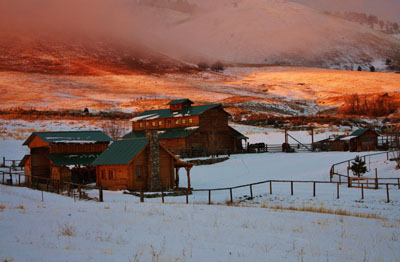
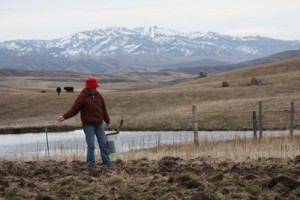
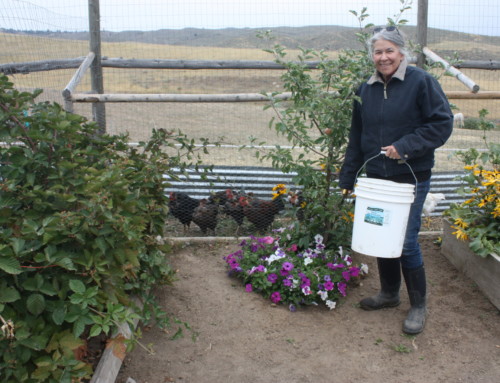
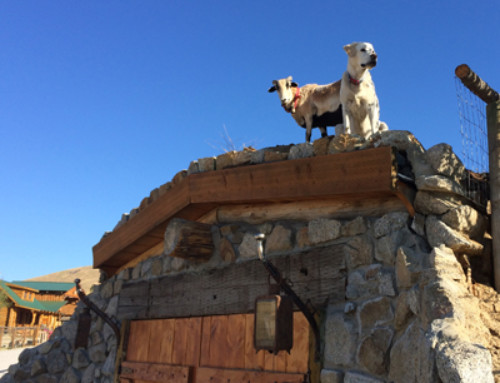
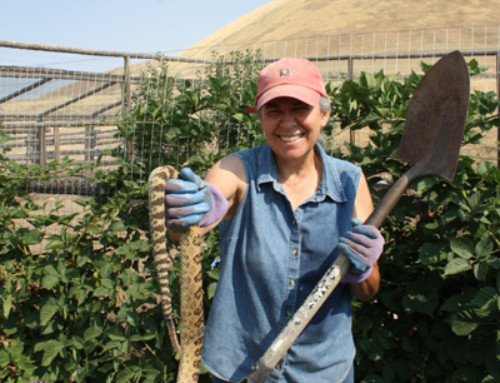
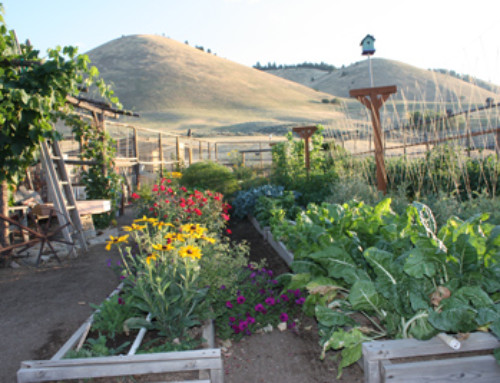
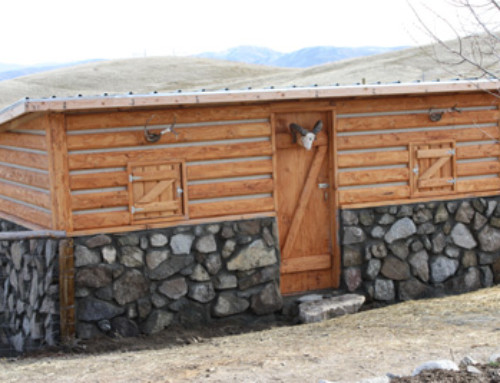

Leave A Comment
You must be logged in to post a comment.